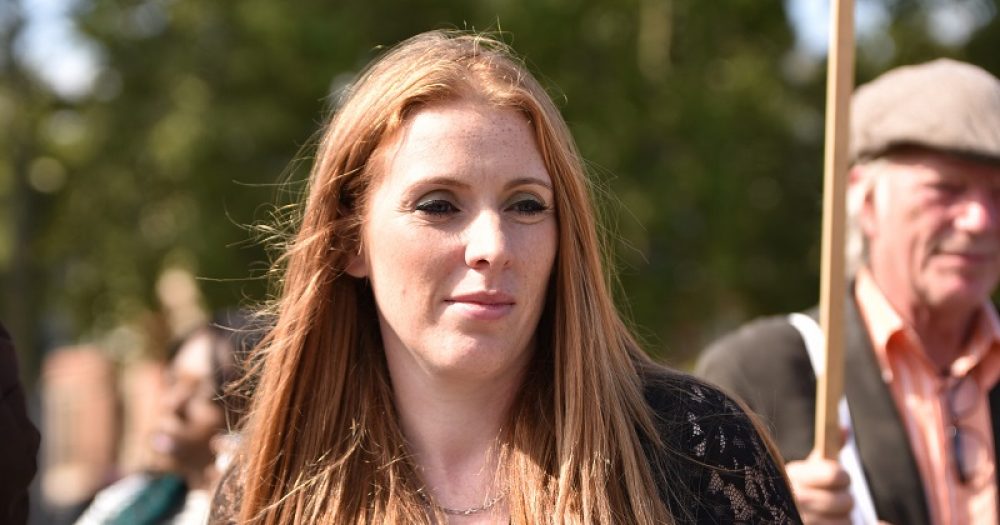A council is reviewing the community benefit of local private schools to decide if they deserve generous discounts in business rates.
It is thought to be the first time a council has taken this step and while the rates cannot currently be changed for charitable organisations, experts believe pressure could be exerted on the government to allow a hike in charges if schools are not meeting their responsibilities.
Conservative-run Taunton Deane borough council in Somerset formed the “independent schools forum” last month to “engage with independent schools” over the benefits they offer to the community. Steve Ross, the independent councillor who proposed its launch, wants to find out if the community can extract more value from them.
We recognise we have to give the schools business rates relief
According to Ross, independent schools in the district received a tax discount of £868,060 in 2016-17, of which more than £340,000 would normally have been taken by the council through the business rates system.
“We recognise we have to give the schools business rates relief, but we considered the time was right to seek better engagement with the schools and see whether their delivery of public benefit could be aligned with tackling local priorities,” he said.
“In an area with national pressure on education, plus county pressure on children’s services and libraries, and our borough having deprived wards in which literacy is identified as a barrier to families accessing services and employment, we need to look at, and beyond, the current arrangements.”
Taunton’s intervention comes as the government is reviewing the role of independent schools in their communities.
Proposals set out last year in a government consultation include an expectation that private schools will support existing or new state schools and offer more fully funded places for poorer pupils.
Under current law, independent schools are entitled to charitable status providing they operate on a not-for-profit basis and can demonstrate the public benefit of the education they provide.
There should be a local examination of the contribution that private schools supposedly make to the wider community
This benefit is reviewed by the Charity Commission based on a range of factors, and gives an exemption from some taxes, including business rates.
Although councils cannot revoke an individual charity’s business rate relief, other councils adopting a similar policy could prompt national action to give town halls more powers.
Schools Week also understands the idea is being considered by the government as part of its upcoming proposals for improving social mobility.
However, the idea has been rejected by the Independent Schools Council, which represents hundreds of private schools across England.
Julie Robinson, the ISC’s general secretary, said schools already worked with their local communities, offering free classes in science and languages, advice on access to universities and sharing facilities and opportunities in sport, music and drama.
“The partnership activities that can count as ‘public benefit’ are a matter for the Charity Commission to determine, rather than local councils.”
Shadow education secretary Angela Rayner (pictured) has now called for more councils to assess what benefits they get from private schools.
“I hope other local authorities will follow this lead,” Rayner told Schools Week. “It must be right that there should be a local examination of the contribution that private schools supposedly make to the wider community.
“Every penny counts for local councils these days and you can hardly blame them for wanting to know if organisations that can qualify as charities and get rate relief, fully deserve it.”








Your thoughts